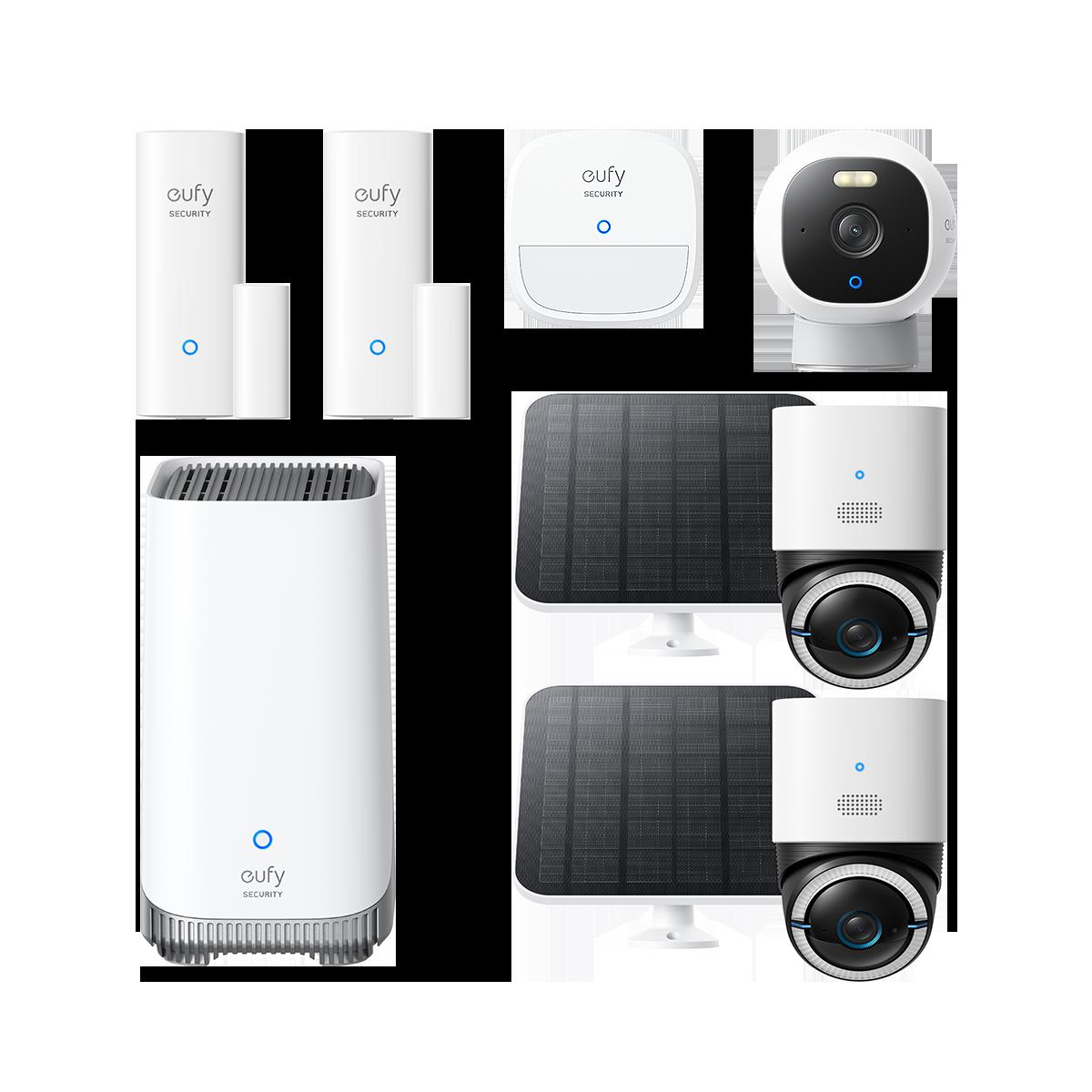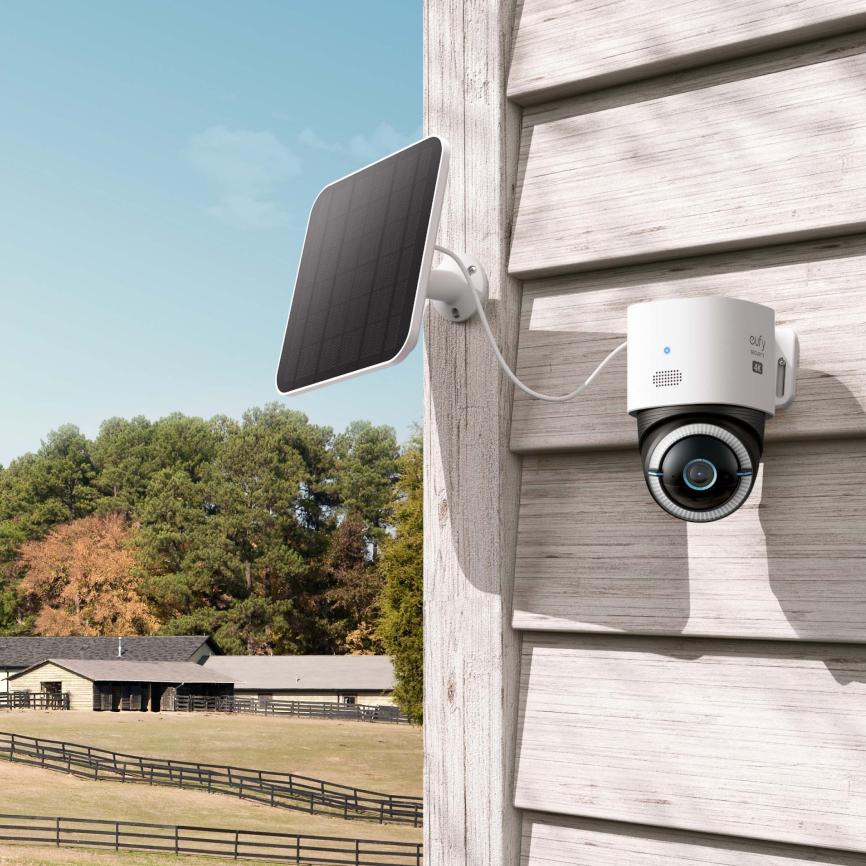
In an era where home security is more crucial than ever, technology continues to evolve, providing homeowners with innovative solutions to keep their properties safe. Among these advancements, cellular security cameras have emerged as a powerful option for monitoring and protecting homes. Unlike traditional wired or Wi-Fi-dependent systems, cellular cameras offer unique advantages that cater to the needs of modern households.
How to Choose Cellular Security Cameras for Your Home Security?
Key Benefits of Cellular Security Cameras
Reliable Connectivity
One of the most significant advantages of cellular security cameras is their reliable connectivity. They utilize mobile data networks, which can be more stable than Wi-Fi, especially in rural or remote areas. This independence from Wi-Fi means that your camera will continue to function effectively even during internet outages or if your home network is compromised.
Easy Installation
Cellular cameras are generally easy to install, requiring minimal setup. Most models come with user-friendly instructions and can often be mounted without professional assistance. Unlike wired systems that may need extensive cabling and drilling, cellular cameras can be positioned almost anywhere, allowing for greater flexibility in surveillance.
Remote Access and Monitoring
With cellular security cameras, you can monitor your home from anywhere in the world. Most models are accompanied by dedicated mobile apps that allow you to view live feeds, receive instant notifications, and access recorded footage. This feature provides peace of mind, knowing that you can check in on your property at any time, whether you're at work, on vacation, or running errands.
Advanced Features
Many cellular security cameras come packed with advanced features that enhance their functionality. Common features include:
Motion Detection: Alerts you when movement is detected within the camera's field of view.
Night Vision: Allows for clear video recording in low-light conditions.
Two-Way Audio: This lets you communicate with anyone near the camera, providing additional security and convenience.
Storage Options: Many cellular cameras offer cloud storage for recorded footage, allowing you to access your video history easily.

Choosing the Right Cellular Security Camera
Resolution and Image Quality
Higher-resolution cameras provide clearer and more detailed images. Look for cameras with at least 1080p resolution for optimal quality. Some models even offer 4K resolution for an enhanced viewing experience, particularly beneficial for identifying faces or license plates.
Battery Life and Power Options
Consider how the camera is powered. Some cellular cameras run on batteries, which can vary in life depending on usage and features. Others may offer solar panel options for extended battery life. Ensure you choose a camera that aligns with your power preferences and installation location.

Data Plans and Costs
Since cellular security cameras rely on mobile networks, they often require data plans for transmitting video and alerts. Review the data usage and monthly costs associated with different cameras. Some manufacturers offer affordable plans tailored to the camera's needs, while others may have tiered pricing based on usage.
App Functionality
Check the functionality of the accompanying mobile app. Look for features such as live streaming, easy navigation, customizable alerts, and cloud storage options. A well-designed app can enhance your user experience and make monitoring easier.
Weather Resistance
If you plan to install your camera outdoors, ensure it is weatherproof and designed to withstand the elements. Look for cameras with a high IP (Ingress Protection) rating, indicating their resistance to dust and water.
Installation Tips for Cellular Security Cameras
Select Optimal Locations: Choose locations that maximize your camera's field of view, such as entry points, driveways, and other vulnerable areas.
Height and Angle: Mount the camera at a height that prevents tampering while ensuring it captures the intended area effectively.
Test Connectivity: Before finalizing the installation, test the camera's connectivity to ensure a strong cellular signal.
Regular Maintenance: Periodically check the camera's functionality, battery life, and any firmware updates to ensure optimal performance.
Conclusion
Cellular security cameras provide an innovative and effective solution for home security, offering reliable connectivity, ease of use, and advanced features. With the ability to monitor your home remotely and receive real-time alerts, these cameras empower homeowners to enhance their security measures significantly. By understanding the benefits and carefully considering the factors when choosing a camera, you can select the ideal cellular security solution for your needs. Investing in a cellular security camera not only protects your property but also grants you peace of mind, knowing you can keep an eye on your home from anywhere in the world. As technology continues to advance, cellular cameras will play an increasingly vital role in safeguarding our homes and families.